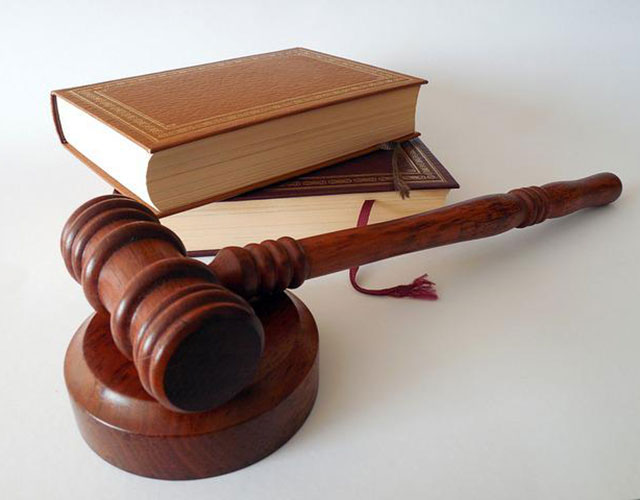Bangui – A UN-backed court set up in 2015 to prosecute suspected war criminals in the Central African Republic heard from its first defendants on Monday.
The Special Criminal Court, a hybrid body of local and foreign magistrates, has been struggling for years to get going in the face of logistical hurdles, lack of money and local hostility.
In the dock are three members of a powerful militia called the 3R – Issa Sallet Adoum, Ousman Yaouba and Tahir Mahamat – who are accused of massacring 46 villagers in the northwestern villages of Koundjili and Lemouna on May 21, 2019.
Their case had been formally opened, and swiftly adjourned, on April 25.
The 3R (Return, Reclamation and Rehabilitation) is one of the CAR’s most powerful armed groups, drawn mainly from the Fulani ethnic group.
ALSO READ | Central African Republic adopts bitcoin as legal currency
The mandate of the Special Criminal Court applies to war crimes and crimes against humanity dating back to 2003.
The three defendants, dressed in their orange prison uniforms, remained impassive as the litany of their alleged crimes and the names of the victims, were read out in court – “Murder and torture, other outrages upon personal dignity, in particular inhuman treatment and other degrading acts”.
They expressed no remorse during the two-hour hearing. The court case will continue on Tuesday.
“The person who gave the order to attack Koundjili and Lemouna is Sidiki Abass,” said Issa Sallet Adoum, without elaborating.
The 3R had announced the death of their leader, Sidiki Abass, in April 2021.
ALSO READ | Central African Republic war crimes court postpones maiden hearing
Claudine Bagaza Dini, lawyer for the civil parties, said that while the defendants would attempt to blame other people “the real victims, the survivors of these incidents are there… We will listen to them and they will inform the court to be able to make a sound decision”.
The new special court is composed of judges and prosecutors from France, Togo and DR Congo, as well as the CAR.
One of the poorest and most volatile countries in the world, the CAR plunged into civil war in 2013 largely along sectarian lines.
Violence fell back in intensity in 2018 but as recently as early 2021, two-thirds of the country lay in the hands of armed groups spawned in the conflict.
President Faustin Archange Touadera is accused by CAR’s former colonial ruler France and its allies of turning to Moscow and the Russian private security company Wagner to shore up his position in exchange for a share of the CAR’s mineral wealth.
Follow African Insider on Facebook, Twitter and Instagram
Source: AFP
Picture: Pixabay
For more African news, visit Africaninsider.com


